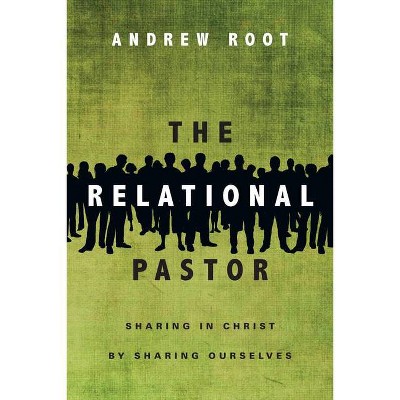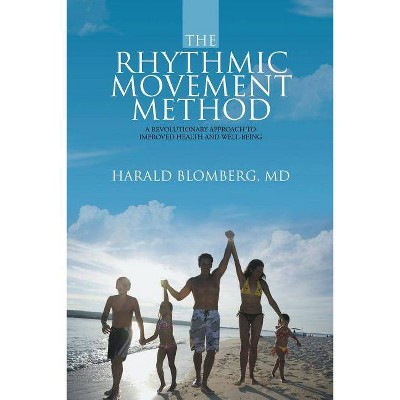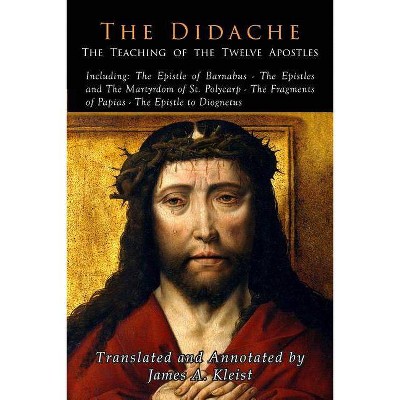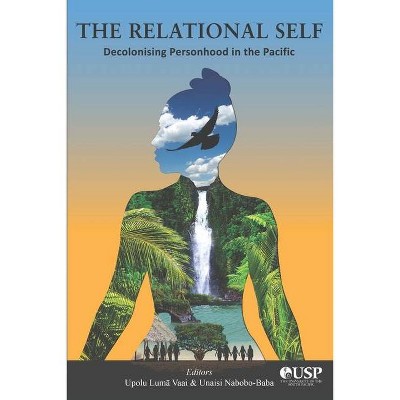The Relational Economy - by Harald Bathelt & Johannes Gluckler (Paperback)
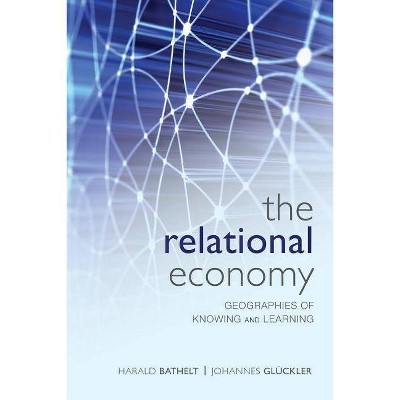
Similar Products
Products of same category from the store
AllProduct info
<p/><br></br><p><b> About the Book </b></p></br></br>"How are firms, networks of firms, and production systems organized and how does this organization vary from place to place? What are the new geographies emerging from the need to create, access, and share knowledge, and sustain competitiveness? In what ways are local clusters and global exchange relations intertwined and co-constituted? What are the impacts of global changes in technology, demand, and competition on the organization of production, and how do these effects vary between communities, regions, and nations? This book synthesizes theories from across the social sciences with empirical research and case studies in order to answer these questions and to demonstrate how people and firms organize economic action and interaction across local, national, and global flows of knowledge and innovation. It is structured in four clear parts: Part I: Foundations of Relational Thinking, Part II: Relational Clusters of Knowledge, Part III: Knowledge Circulation Across Territories, Part IV: Toward a Relational Economic Policy? The book employs a novel relational framework, which recognizes values, interpretative frameworks, and decision-making practices as subject to the contextuality of the social institutions that characterize the relationships between the human agents. It will be a valuable resource for academics, researchers, and graduate students across the social sciences, and practitioners in clusters policy." --Publisher's website<p/><br></br><p><b> Book Synopsis </b></p></br></br>How are firms, networks of firms, and production systems organized and how does this organization vary from place to place? What are the new geographies emerging from the need to create, access, and share knowledge, and sustain competitiveness? In what ways are local clusters and global exchange relations intertwined and co-constituted? What are the impacts of global changes in technology, demand, and competition on the organization of production, and how do these effects vary between communities, regions, and nations? <p/>This book synthesizes theories from across the social sciences with empirical research and case studies in order to answer these questions and to demonstrate how people and firms organize economic action and interaction across local, national, and global flows of knowledge and innovation. It is structured in four clear parts: <p/>- Part I: Foundations of Relational Thinking<br>- Part II: Relational Clusters of Knowledge<br>- Part III: Knowledge Circulation Across Territories<br>- Part IV: Toward a Relational Economic Policy? <p/>The book employs a novel relational framework, which recognizes values, interpretative frameworks, and decision-making practices as subject to the contextuality of the social institutions that characterize the relationships between the human agents. It will be a valuable resource for academics, researchers, and graduate students across the social sciences, and practitioners in clusters policy.<br><p/><br></br><p><b> Review Quotes </b></p></br></br><br><br>good one to keep on a shelf, especially as many works cited are in lesser-known (to the typical regional scientist) journals, including ones in business, marketing, management, organization, and the like.--<em>Journal of Regional Science</em><p></p><br><br><p/><br></br><p><b> About the Author </b></p></br></br><br>Harald Bathelt is Professor in the Department of Political Science at the University of Toronto, Canada, where he holds the Senior Canada Research Chair in Innovation and Governance. He received his PhD and Habilitation (post-doctoral degree) at the University of Giessen, Germany. Previously he was Professor of Economic Geography at the University of Frankfurt/Main, Germany (1998-2002) and the University of Marburg, Germany (2002-2006). His research interests are in the areas of industrial and economic geography, political economy, and methodology, and he has published on topics such as relational economic geography, knowledge-based conceptions of clusters, local buzz and global pipelines, temporary clusters, innovation systems, and socio-economic impacts of regional and industrial change. He has published books on North American high-technology industries (1991), the German chemical industry (1997), and a textbook on economic geography (2003, with Johannes Gluckler). <p/>Johannes Gluckler is Professor of Economic and Social Geography and Research Fellow at the Marsilius Center for Advanced Study, the University of Heidelberg. He received his PhD at the University of Frankfurt in 2004. Before joining the University of Heidelberg, he was Professor of Economic Geography at the Catholic University of Eichstatt-Ingolstadt (2006 through 2008). He is Visiting Professor at the University of Salamanca, Spain. His research interests are in the areas of economic geography, social networks, and service industries. Johannes Gluckler has published on theories of firm internationalization, urban clustering, the evolution of social networks, and the geography of knowledge. Apart from co-authoring a textbook on economic geography (2003, with Harald Bathelt), he has written books on spatial concepts in human geography (1999) and knowledge-based business services (2004). Recently, he co-edited a volume on conceptual debates in economic geography (2006).<br>
Price History
Price Archive shows prices from various stores, lets you see history and find the cheapest. There is no actual sale on the website. For all support, inquiry and suggestion messages communication@pricearchive.us
